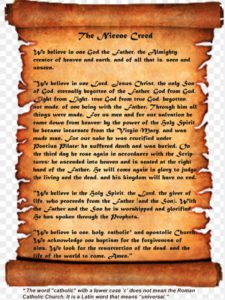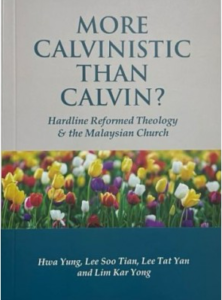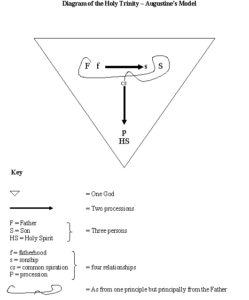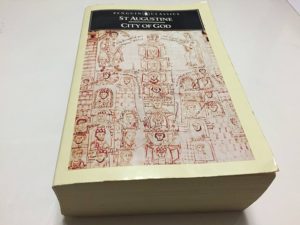 Kairos Podcast 6: Early Heresies Part 2/6
Kairos Podcast 6: Early Heresies Part 2/6
Video Link – Ebionism, Gnosticism and Adoptionism (Dynamic Monarchianism)
One paramount issue facing the early church was how to harmonize belief in the deity of the Son of God with monotheism. The early church had to clarify the relationship between Jesus and the one God of the Old Testament.
Prominent heretical sects which offered one-sided solutions include 1) Gnosticism and Docetism which deny the humanity of Christ and 2) Ebionism and Adoptionism (Dynamic Monarchism) which denied the deity of Christ.
The early church countered these heresies with the Rule of Faith which affirmed that belief in 1) the one God who is Father, Son, and Holy Spirit and 2) the life, death, resurrection and deity of Jesus Christ to be non-negotiable. The affirmation was called the Rule of Faith. Because the Rule of Faith was so universal and consistent, the early “Church Fathers” could use it against heresies. The Rule of Faith eventually took the form of the Apostles’ Creed.
Video Link – Ebionism, Gnosticism and Adoptionism (Dynamic Monarchianism)
** Related Posts:
Trinitarian Pattern in Greetings, Prayers & Worship in the New Testament
 What is Biblicism?
What is Biblicism?


 The book, More Calvinistic Than Calvin? (MCTC) was published in 2023 by a team of local seminary lecturers under the leadership of Bishop Hwa Yung. [The book is available from Canaanland Book Store]. The aim of the book is to refute what it describes as “hardline Calvinism”, and to counter the influence of “hardline Calvinism” among college students in Malaysia.
The book, More Calvinistic Than Calvin? (MCTC) was published in 2023 by a team of local seminary lecturers under the leadership of Bishop Hwa Yung. [The book is available from Canaanland Book Store]. The aim of the book is to refute what it describes as “hardline Calvinism”, and to counter the influence of “hardline Calvinism” among college students in Malaysia.
 Citizens of two cities
Citizens of two cities